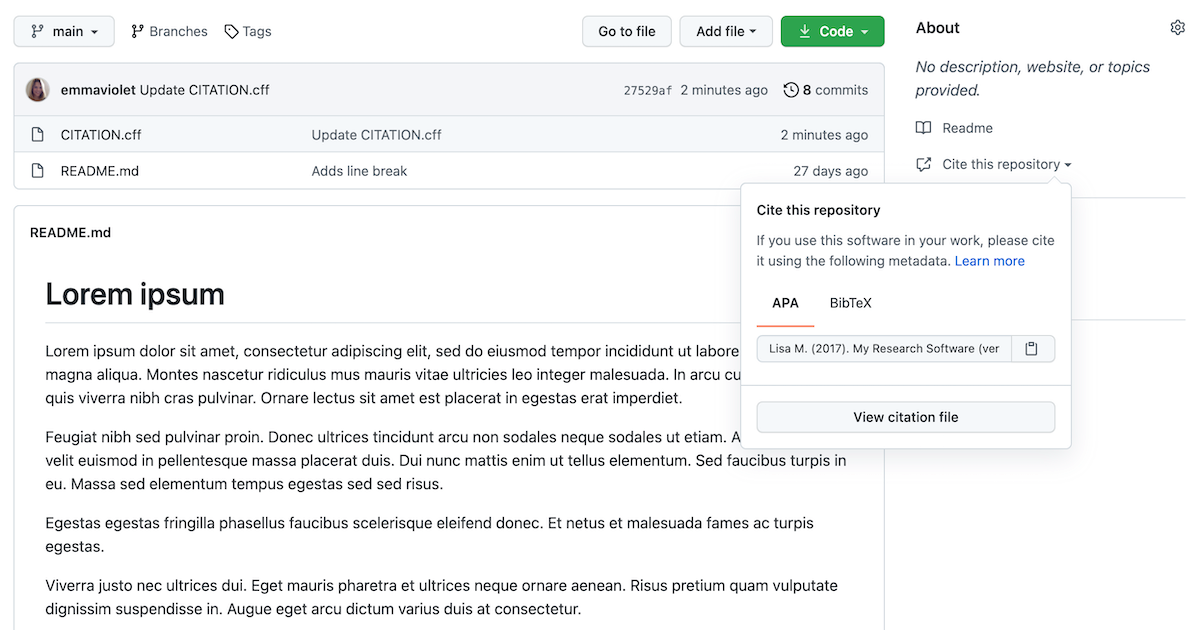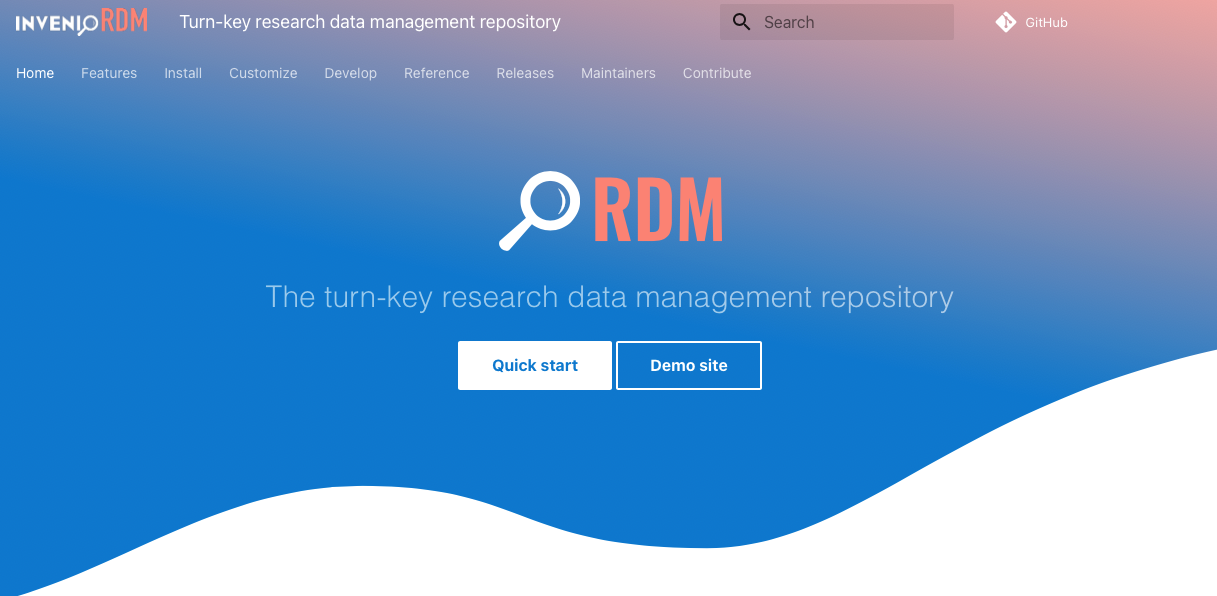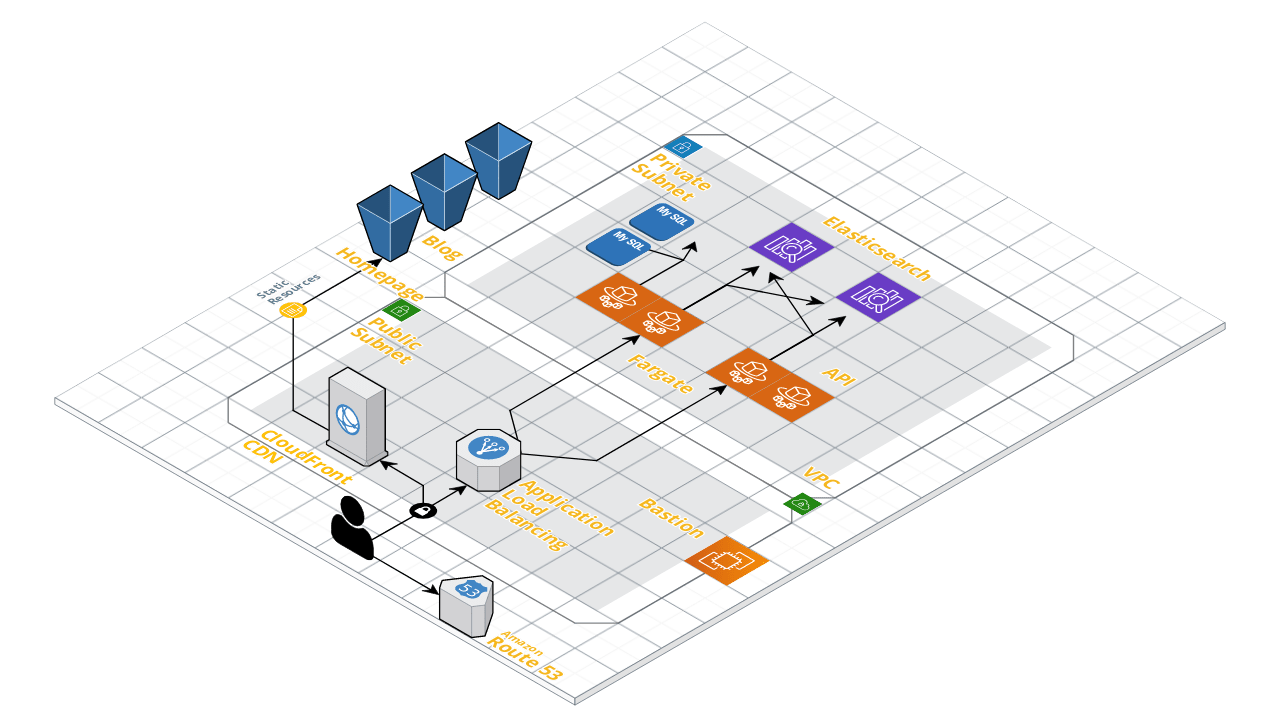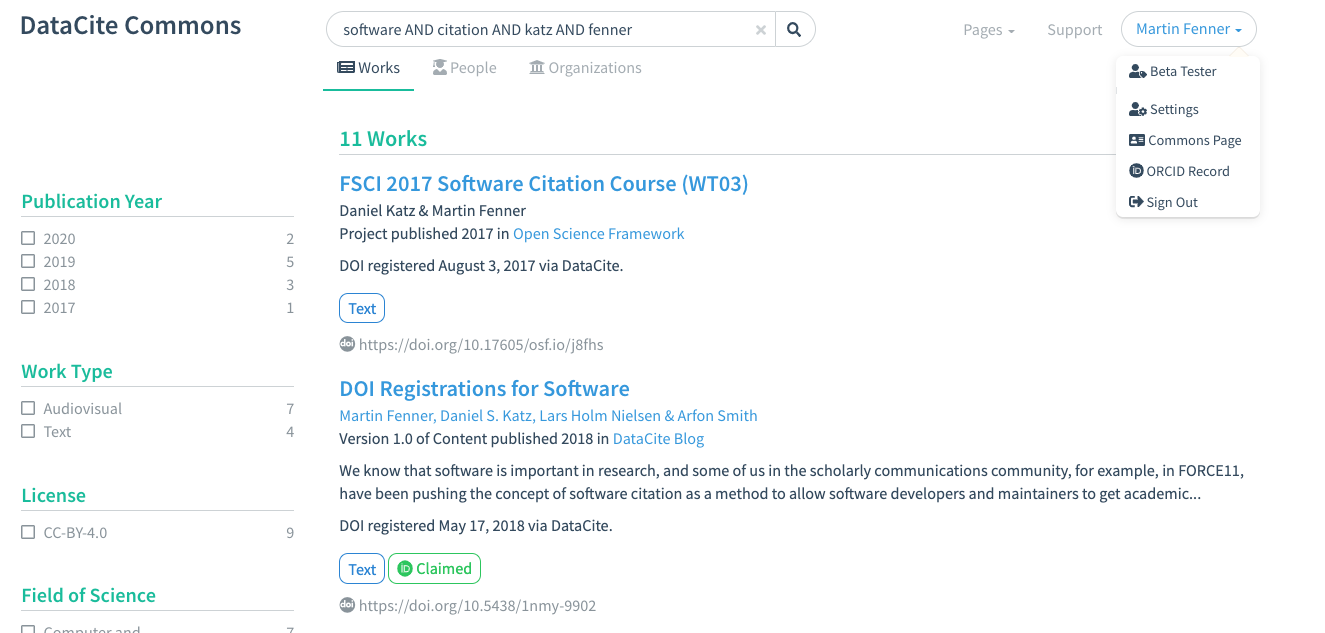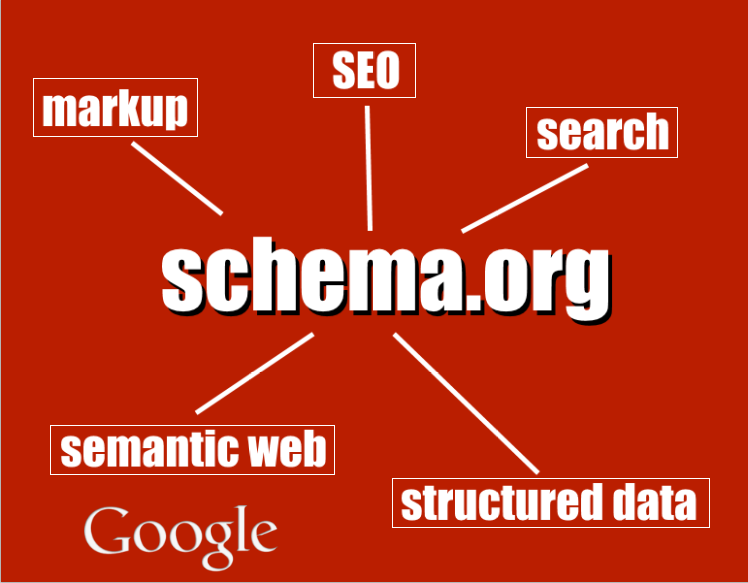
Yesterday I started registering DOIs for all Front Matter blog posts. I have registered 100 blog posts by now, and will have completed the registration process for all 450 blog posts on Monday. The DOIs are registered with Crossref which Front Matter joined in August. The blog posts are registered as posted content, and this is done via the metadata in schema.org format exposed on each blog page.

